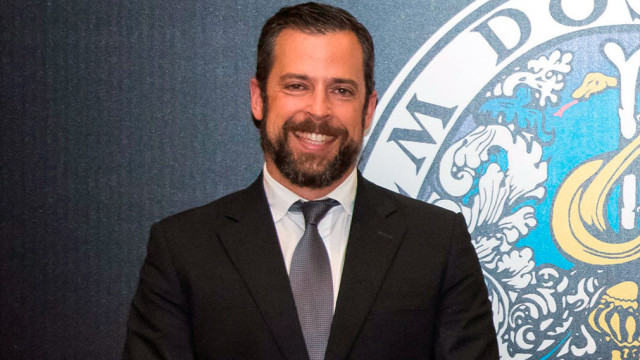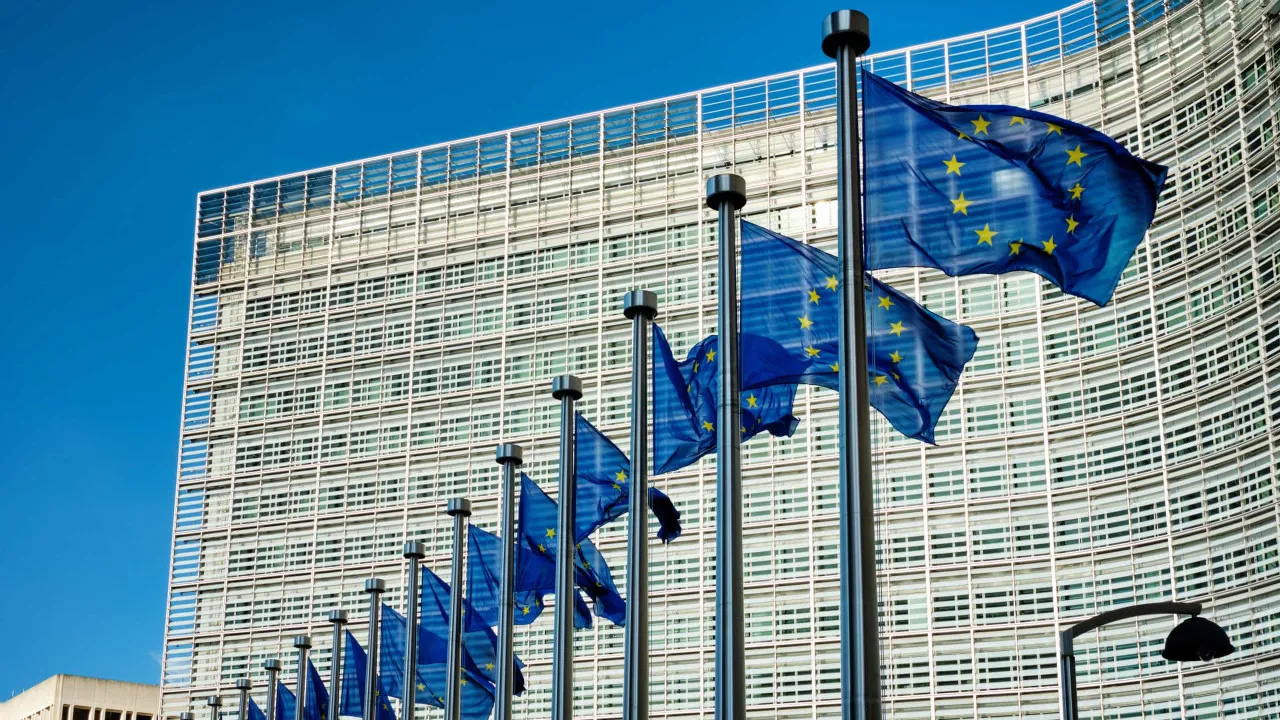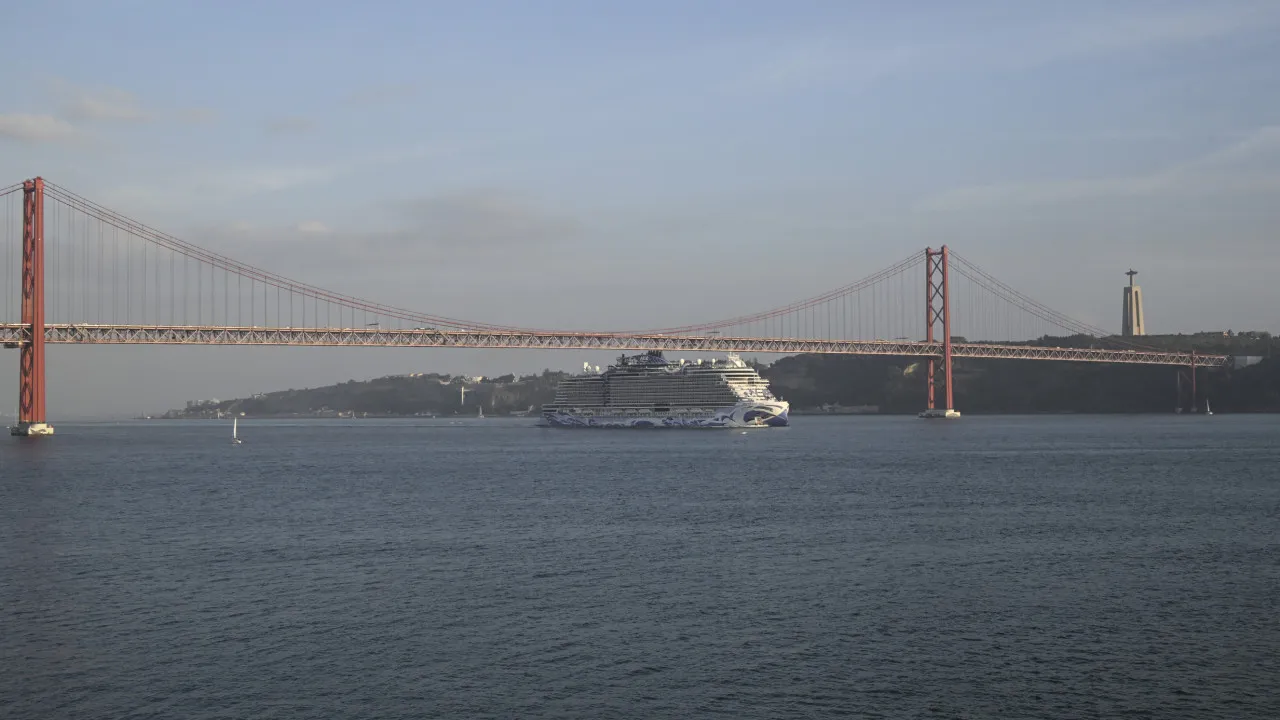
‘Seven Women, Seven Muses’ aims to “open a door for new readers to appreciate and understand the poetic richness of Camões,” says the work’s coordinator, Alexandra Lourenço Dias, in the book’s introduction.
The stories feature scripts by Pedro Moura in a free adaptation of Camões’ lyrics and illustrations by Amanda Baeza, Daniela Viçoso, Miguel Rocha, Jorge Marinho, José Smith Vargas, Rita Mota, and Susa Monteiro.
The anthology features Leonor, Dinamene, Bárbara, or Violante, some of the women immortalized by Camões’ poetry, whose influence, as Alexandra Lourenço Dias highlights, “has resonated for five centuries in the history of literature and other spheres of Portuguese culture.”
Various adaptations of Camões’ work have been published, and this transition to the comic book format means it has “the power to attract a younger, more diverse audience,” with the selected artists showcasing different stylistic and visual sensibilities in their approach.
José de Freitas, editor at A Seita/Comic Heart, explained to Lusa that the book is part of the celebrations for the 500th anniversary of Luís Vaz de Camões’ birth, with support from Camões — Institute for Cooperation and Language in London, under Alexandra Lourenço Dias’ direction.
Luís Vaz de Camões, estimated to have been born in 1524 and died in 1580, is considered one of the greatest names in world literature, with his extensive work still holding a significant place in the history of Portuguese culture.
Comic book adaptations of his life and work include “Os Lusíadas” by José Ruy in 1983, or the latest adaptation of this epic poem, edited in 2024, with a script by Pedro Moura and illustrations by various authors, including Daniel Silvestre and Miguel Rocha.
In the children’s and youth segment, and featured on the National Reading Plan’s recommended lists, publications include ‘Camões, the Superhero of the Portuguese Language’ (2010) by Maria Alberta Menéres, ‘Os Lusíadas para Gente Nova’ (2012) by Vasco Graça Moura, ‘Barbi-ruivo: O Meu Primeiro Camões’ (2007) by Manuel Alegre, and ‘Luís Vaz de Camões: Um Poeta Genial’ (2024) by Ana Maria Magalhães and Isabel Alçada.




